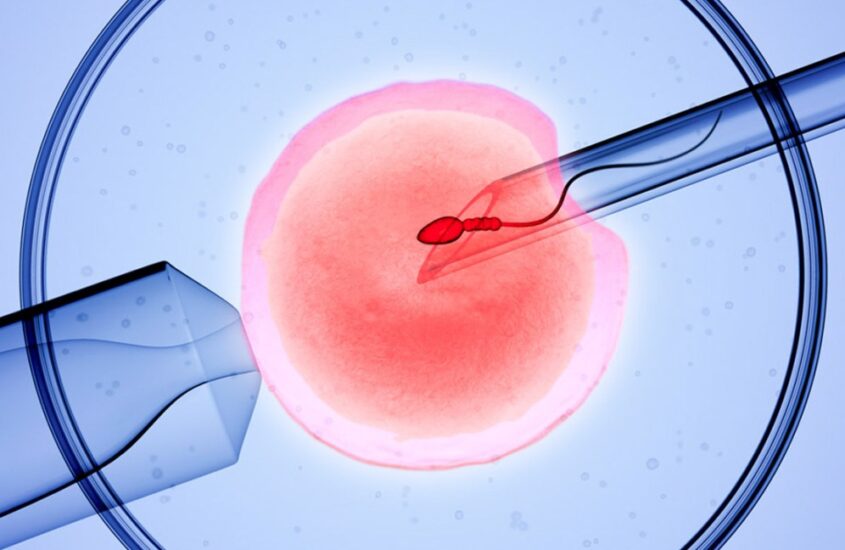Empowering Hope and Science on World IVF Day
Published in Healthcare & Nursing, Social Sciences, and Genetics & Genomics


Since its successful inception in 1978, IVF has become a beacon of hope for millions of individuals and couples struggling with infertility, opening the door to parenthood, and fulfilling dreams that were once deemed unattainable.
The Birth of IVF
The journey of IVF began in the late 1970s when British researchers, Robert Edwards, Patrick Steptoe and Jean Purdy, made history with the birth of Louise Brown, the world's first "test-tube baby." This groundbreaking achievement shattered barriers and transformed the landscape of reproductive medicine. Since then, IVF has evolved significantly, combining science, technology, and compassion to help individuals and couples achieve parenthood in various ways, regardless of their biological challenges.
A Ray of Hope for Infertility
Infertility affects millions of people worldwide, causing emotional and psychological distress for those facing difficulties in conceiving. World IVF Day represents a beacon of hope for those struggling with infertility, offering them a chance to fulfill their dreams of having a family. IVF provides numerous benefits, including the ability to overcome various fertility issues such as blocked fallopian tubes, male factor infertility, decreased ovarian reserve, endometriosis, recurrent pregnancy loss, and unexplained infertility, among others.
Not only does IVF offer hope for heterosexual couples, but it also serves as a lifeline for same-sex couples and single individuals who wish to become parents. The inclusivity of IVF has empowered diverse families and allowed them to experience the joy of parenthood.
Advancements in IVF Technology
Over the years, continuous research and advancements in IVF technology have significantly improved success rates, reduced the risk of multiple pregnancies, and enhanced the overall experience for patients. Innovations such as preimplantation genetic testing (PGT) have increased the chances of healthy pregnancies by identifying genetically normal embryos, reducing the likelihood of inherited genetic disorders and miscarriages.
Moreover, the use of vitrification, a technique that flash-freezes embryos and eggs, has revolutionized the IVF process, enabling better embryo survival rates and more flexible treatment schedules. Additionally, time-lapse imaging and artificial intelligence-assisted embryo selection have further refined the embryo selection process, contributing to higher success rates and healthier pregnancies.
Supporting Emotional Well-being
World IVF Day is also an opportunity to highlight the importance of emotional support for individuals and couples going through the IVF journey. Coping with fertility challenges can be overwhelming, and the emotional toll it takes on those involved should not be overlooked. IVF clinics and support organizations play a crucial role in providing counseling, support groups, and resources to help patients navigate the emotional aspects of fertility treatment.
Acknowledging IVF Heroes
World IVF Day also presents an opportunity to recognize the immense dedication and hard work of healthcare professionals, researchers, and fertility specialists who tirelessly work to make IVF a reality for so many. These IVF heroes are the driving force behind the miracles that take place every day in fertility clinics around the world.
Final Thoughts
As we celebrate World IVF Day, let us stand in awe of the countless miracles that have been made possible through this revolutionary fertility treatment. IVF has not only granted the gift of parenthood to millions but has also brought hope, happiness, and healing to families around the world. On this special day, we honor the strength and courage of those who have embarked on the IVF journey, and we look forward to a future where assisted reproductive technologies continue to evolve and empower even more dreams of parenthood.





Please sign in or register for FREE
If you are a registered user on Research Communities by Springer Nature, please sign in